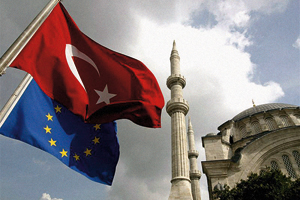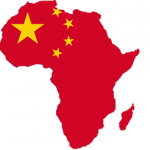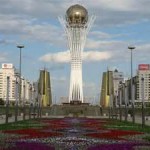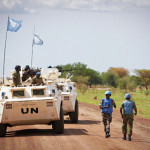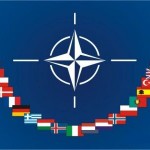(C) Kapok Tree Diplomacy. Feb 2011. All rights reserved. Jeff Dwiggins.
The conduct of international relations post 9-11 has certainly been dramatically shaped by the US. invasions of Iraq and Afghanistan, in the former as a pre-emptive attack to remove WMD and the Ba’athist regime of Saddam Hussein, and in the latter to hunt down al Qaeda and Taliban terrorists and eliminate the training bases that harbored these non-state actors. In both cases, massive reconstruction projects have been undertaken to prevent Iraq and Afghanistan from becoming failed states and help them adopt political and economic reforms of a Western orientation.
But these U.S. interventions are not the only factor explaining the conduct of IR after 9-11. Paul Diehl notes that the demand for peace operations and subsequent escalation in third party interventions rose dramatically following the Cold War due to “superpower retrenchment in providing aid to other states,” an explosion of failed states and civil wars that spawned out of the power vacuum, an increased advocacy for democracy and free markets, greater international concern for human rights, and globalization (52-55). Read more

